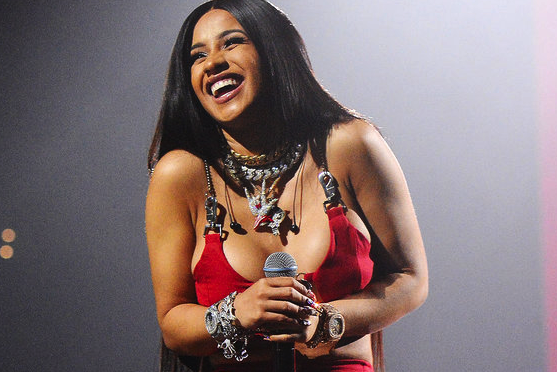Words by Nick Slay
The Eagles weren’t the only big winners at Super Bowl LII, top music acts cleaned up in sync licensing* during this year’s game.
NFL players such as Colin Kaepernick, weren’t the only entertainers fighting the establishment. Songwriters and producers were getting the short end of the stick when it came to streaming revenue. Famed multi-platinum producer Rodney Jerkins explained this best on The Recording Academy’s District Advocacy day, when he exclaimed to US lawmakers that even though he generated $146,000 in royalties for his stake in producing Justin Bieber‘s “As Long as You Love Me,” he only made $238 for 38 million Pandora plays. He described to whole transaction as criminal.
This year with the Copyright Royalty Board increasing songwriter rates 50% over the next 5 years, and with Super Bowl sync licensing up 25% for the bigger publishers, songwriters and producers are finally seeing a larger slice of the pie. The importance of songwriters and producers as contributors to our favorite songs can even be seen in Spotify finally listing songwriters on the desktop version of the popular streaming service. Now more than ever the men and women behind the record are receiving their due credit financially and publicly.
Individual syncs during the Super Bowl are up this year ranging from $100,000 to $750,000 for some of the biggest songs like Carly Simon’s “James Bond Theme” this year used with Amazon. Also, can’t forget Cardi B’s hilarious performance in the Alexa commercial which featured her song “Bodak Yellow” produced by J White. This is a big win for minorities and Hip-Hop which as dominated music this year from the Billboard charts to the Grammys. Also, with these no longer becoming one and done deals, musicians are making more money off of the continued airplay from successful commercials aired past Super Bowl sunday. The more airplay means more recognition off the song which may lead to more streams and purchases of the record.
For those of you that don’t see the significance of this win, Little Richard never saw any of the royalties for when artists like Pat Boone covered his chart topping hits like, “Tutti Frutti” and “Long Tall Sally.” White artists may have paid the fees, however black artists never saw the money, it went into the pockets of record execs. Some people find it crazy that in 2018 the conversation about songwriters getting paid is still an issue, but here it is.
*A music synchronization license, also known as a sync license, is a music license granted by the owner or composer of a particular piece of work. The license allows the licensee, or purchaser, the right to use the music in a visual piece, such as a movie, video game, or commercial.
